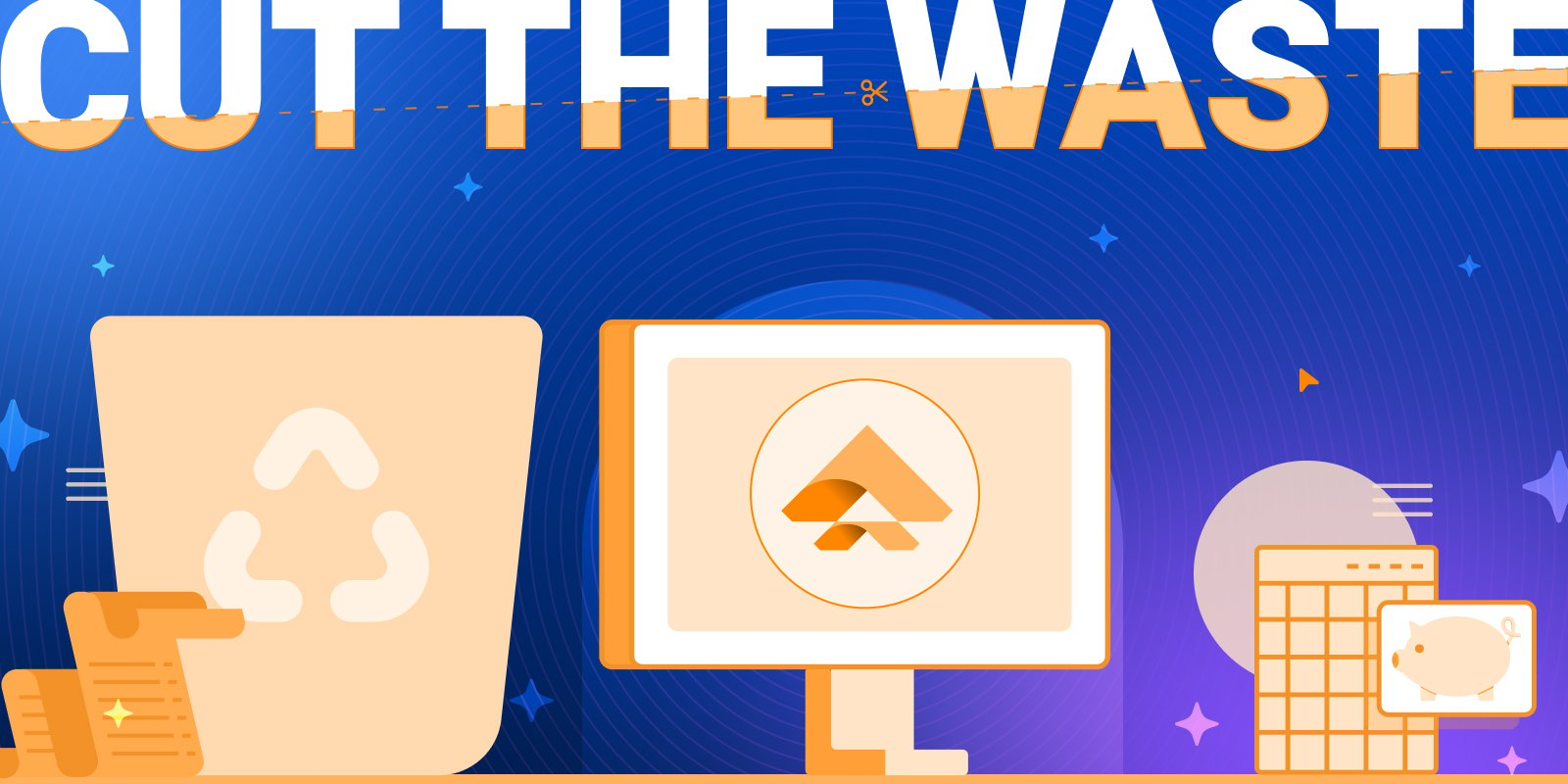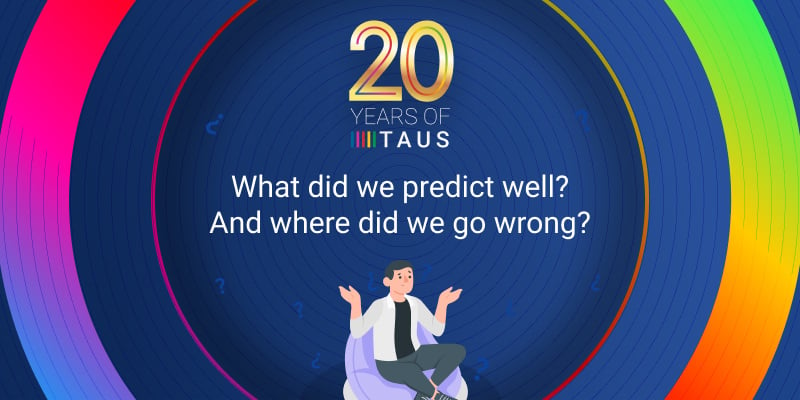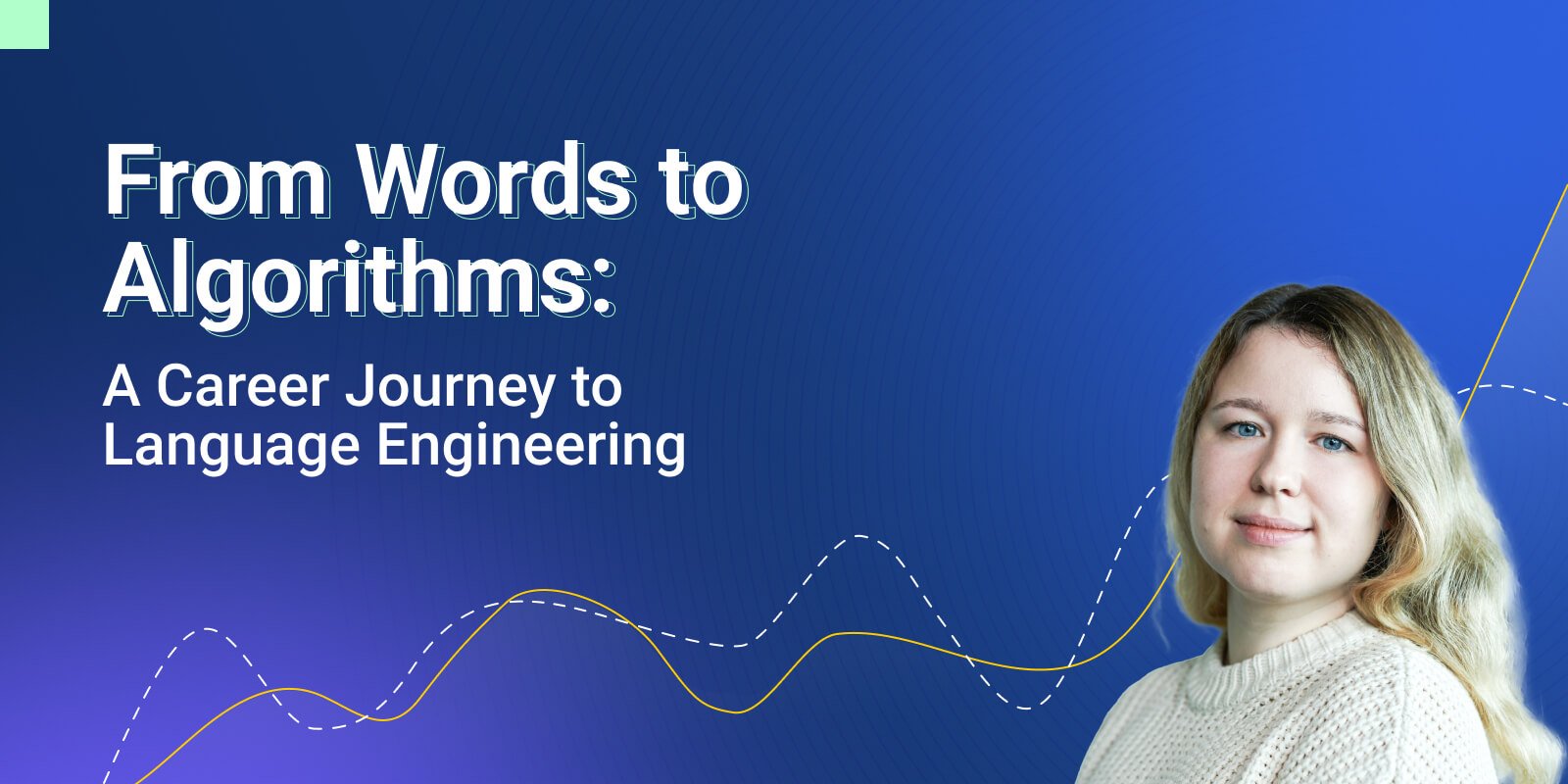World-Readiness and Translation Economics
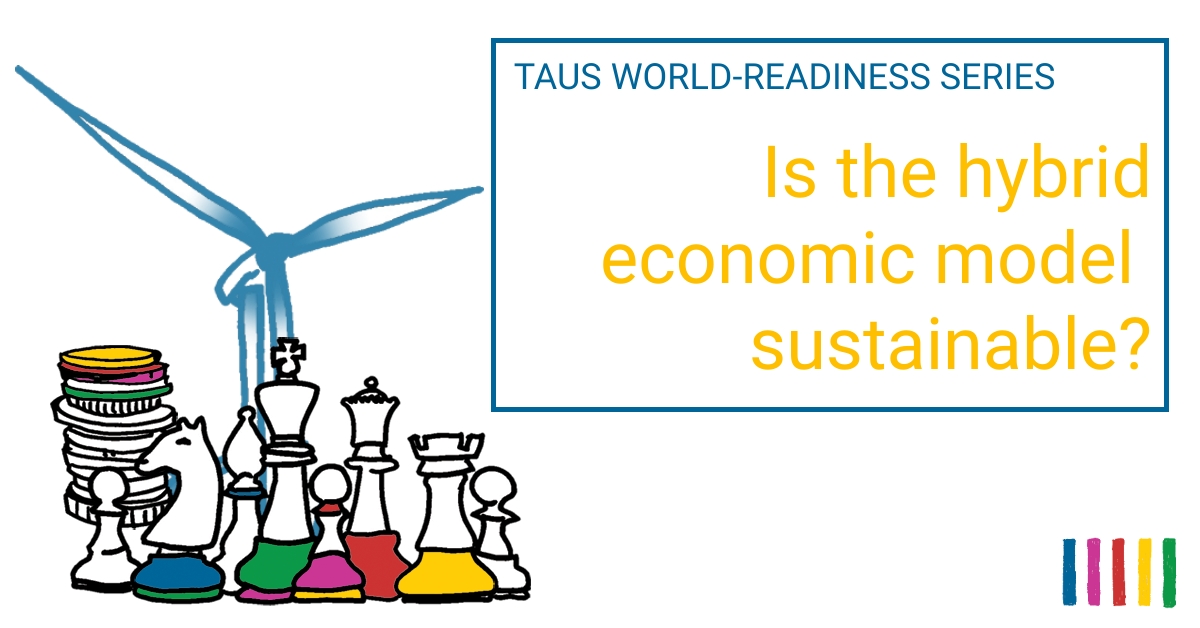
In an attempt to become world-ready within the translation and localization industry, how realistic is it to think that we can just add more capacity and skills into our existing hybrid economic model to generate a bigger global business impact?
World-Readiness is the ultimate measurement of success in globalization and localization business. It means that we will speak with all customers and citizens on this planet in their own languages. If that is the goal we want to reach, we need to take some time to seriously contemplate on the fundamental economics of the translation industry.
The global translation industry finds itself now in a 'mixed economy' condition: on one side a vertical cascaded supply chain and on the other the new flat free machines model. The speed with which the machines are improving when fed with the right quality and volumes of data makes translation a near-zero marginal cost type of business (in the spirit of Jeremy Rifkin). This means that once the right infrastructure is in place, the production of a new translation costs nearly nothing and capacity becomes infinite. In the old way of doing translation, every job is sent down the supply chain of project managers, linguists, reviewers, etcetera, all adding a further cost each and every time a new translation is needed. It is no surprise that the output from the free machines is already thousands of times bigger than the capacity of the 'old' industry. Google alone translated 300 trillion words last year compared to an estimated 200 billion words total output from the professional translation industry.
This raises the following questions: is the mixed (hybrid) economic model that we have today sustainable? Can it scale up to reach the goals of world-readiness? Is the factory-business dilemma that Jaime Punishil refers to in his article not inherent to the fact that the industry is locked in this vertical, labor-based cost model? In other words: how realistic is it to think that we can just add more capacity and skills into our existing economic model to generate that global business impact?
World-Readiness - in the true sense of the word - may only be feasible if we can shift to something like the 'social commons', real-time data sharing, an economic model that is peer-directed and scales laterally, rather than vertically. The free machines economy makes translation equal to information by removing the condition of scarcity and making it abundant. Translation as a social good, not owned by anyone and free to the user, exists alongside translations owned and paid for by governments and corporations, but for how much longer?
Yes, as we say in the first of our series of articles on world-readiness, the language service providers need to scale up, ensure that they expand an interoperable business and be able to measure and benchmark the success of global expansion. But they may very well need to take more drastic steps and be prepared to transform into a totally new, post-capitalist economic model.
Paul Mason, the journalist, economist, and author of the book Postcapitalism, A Guide to Our Future, argues that the capitalist model is not capable of addressing the challenge of the biggest catastrophe our civilization now faces: climate change. We have become slaves of an economic model that we have created ourselves a few hundred years ago. The technology is there to rescue and resolve, but the market stifles the required actions.
World-Readiness, or the lack thereof, is surely a less serious threat to human civilization, but for the same reasoning we may have to conclude that alternative economic models are conditional for this mission to ever be even half-way accomplished. We may need to be prepared to break down existing structures, adopt new behaviors of sharing and collaboration, eradicate the need for human tasks and work activities, and progress technology towards abundance in translation supply.
Some have already set off on this road to a future without language barriers, while others are still struggling to perhaps find some middle ground between old and new models. The question facing us is this: how drastic do we have to be?
In the spirit of this blue-sky thinking, TAUS opens a series of new themes and topics in the program for 2020. We’ll talk about the quantum leap in technology, reengineering partnerships and supply chains, data pipelines, moral machines and human intelligence, the role of a data hub and aggregator and about who owns our language data. You can engage in these conversations at the TAUS Global Content Conference & Exhibits in San Jose on March 10-11.
We also invite free thinkers, CEOs, and founders of small and large technology and service providers as well as their customers to take part in the TAUS World-Readiness Contest and get a chance to win a beautiful World-Readiness award.
To ease your way into this program of the future, you may want to join us first at the traditional TAUS Virtual New Year’s Reception on 14 January 2020.
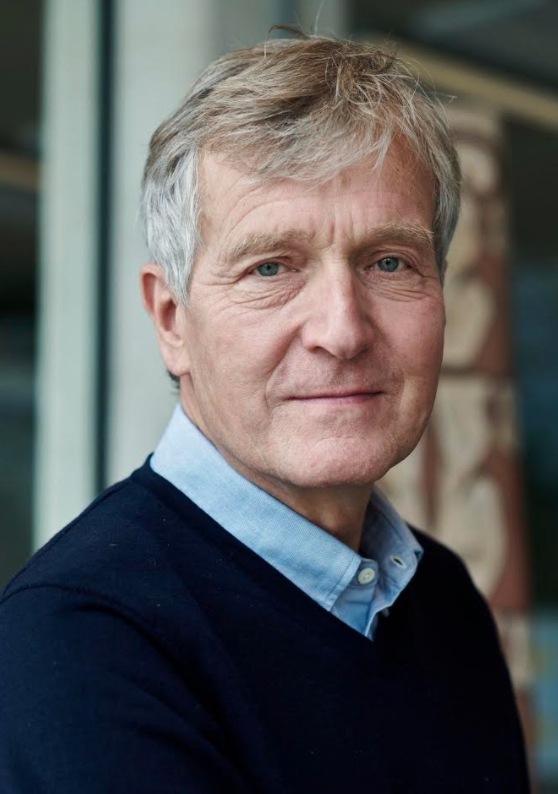
Jaap van der Meer founded TAUS in 2004. He is a language industry pioneer and visionary, who started his first translation company, INK, in The Netherlands in 1980. Jaap is a regular speaker at conferences and author of many articles about technologies, translation and globalization trends.
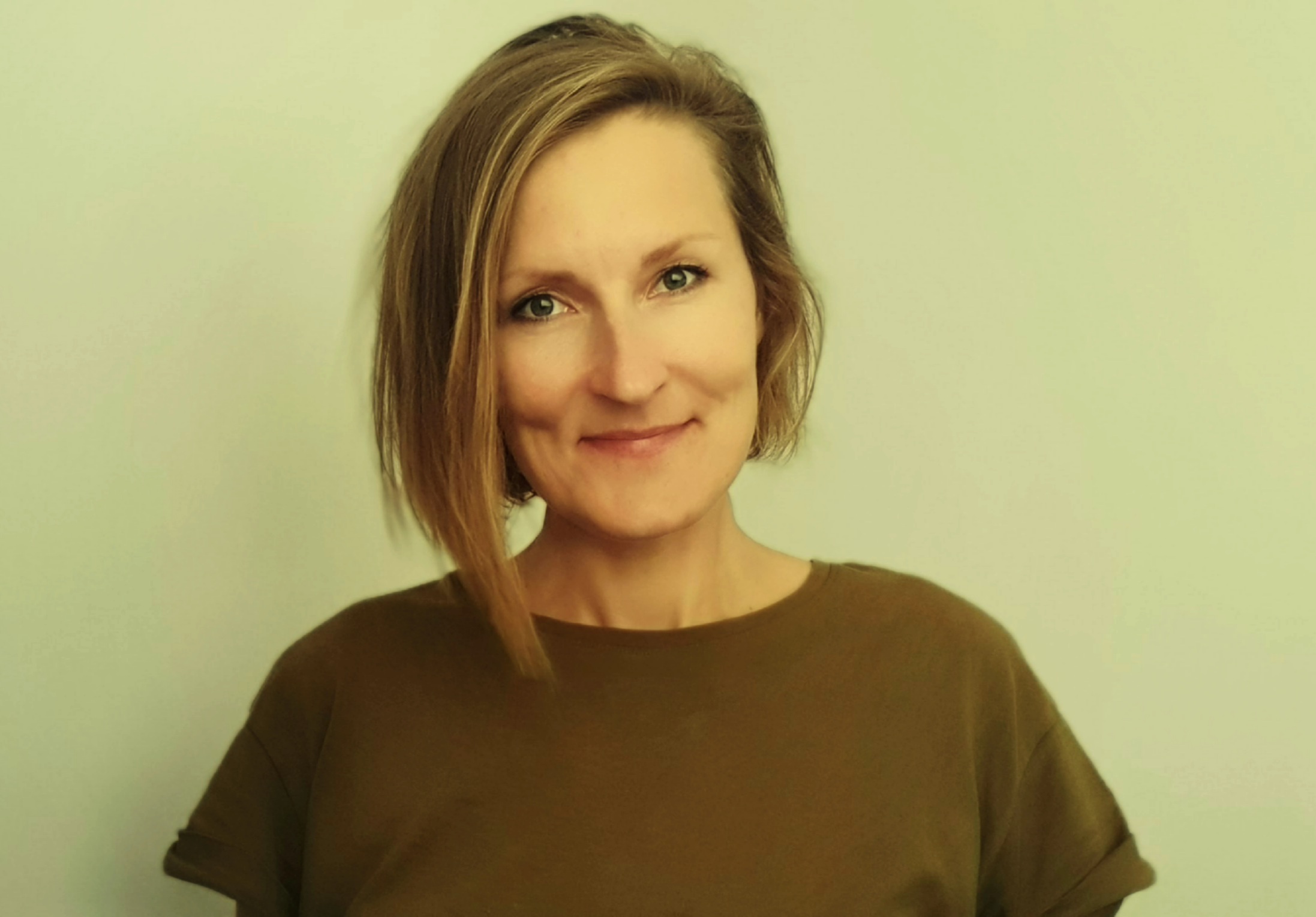 by Dace Dzeguze
by Dace Dzeguze